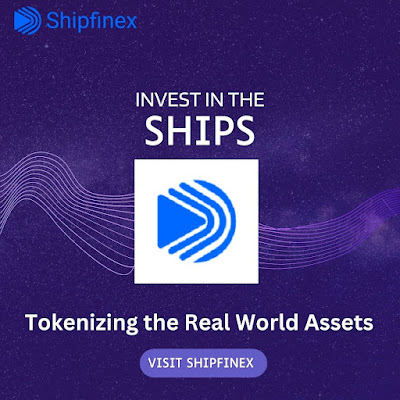Definition of Blockchain, Crypto, Web3, DeFi, CeFi and Blockchain in finance
Definition of Blockchain, Crypto, Web3, DeFi, CeFi and Blockchain in finance
I. Definition of Blockchain, Crypto, Web3, DeFi, CeFi and Blockchain in finance:
Blockchain: A decentralized digital ledger that records transactions across a network of computers. It is a secure and transparent way to store data and record transactions.
Crypto: A shortened term for cryptocurrency, a digital asset designed to work as a medium of exchange that uses strong cryptography to secure financial transactions, control the creation of additional units, and verify the transfer of assets.
Web3: A new and decentralized version of the internet that enables users to have more control over their data and online identity, as well as access to decentralized applications (dApps).
DeFi: Decentralized finance refers to financial systems and applications that are built on blockchain technology and are decentralized, meaning they are not controlled by any central authority.
CeFi: Centralized finance refers to traditional financial systems and applications that are centralized and controlled by a central authority.
Blockchain in finance: The use of blockchain technology in financial systems to improve efficiency, security, and transparency.
II. History of Blockchain and its Development:
The concept of blockchain was first introduced in 2008 with the creation of Bitcoin, the first decentralized cryptocurrency.
Over the years, the technology has evolved and expanded to include various other applications beyond just cryptocurrency.
III. Applications of Blockchain, Crypto, Web3 and DeFi:
Decentralized exchanges and smart contracts: Decentralized exchanges allow for peer-to-peer trading of cryptocurrencies without the need for a central authority. Smart contracts are self-executing contracts with the terms of the agreement directly written into code.
Increased transparency and security: Blockchain technology offers increased transparency in financial transactions, as all records are stored in a decentralized and immutable ledger. This leads to increased security, as the decentralized nature of blockchain makes it more difficult for hackers to access and manipulate data.
Revolutionizing finance: Web3 and DeFi are disrupting traditional finance by enabling users to have more control over their financial assets and data. DeFi also offers alternative financial products and services that are more accessible and inclusive for a wider range of users.
- How web3 and DeFi are revolutionizing finance
Web3 and DeFi are revolutionizing finance by enabling a more decentralized, accessible, and transparent financial system. Some of the ways they are doing this include:
Decentralization: Web3 and DeFi operate on decentralized networks, which means that they are not controlled by a central authority. This increases financial freedom and reduces the risk of censorship, manipulation, and hacking.
Accessibility: Web3 and DeFi offer alternative financial products and services that are more accessible and inclusive for a wider range of users, including those who are unbanked or underbanked.
Transparency: Transactions on the blockchain are recorded on a decentralized and immutable ledger, making it easier to track and verify transactions. This increases transparency and accountability in the financial system.
Automation: Decentralized applications (dApps) and smart contracts on the blockchain can automate and streamline many financial processes, reducing the need for intermediaries and saving time and money.
New financial products: DeFi offers a wide range of new and innovative financial products, such as decentralized exchanges, yield farming, and stablecoins, that are not available in traditional finance.
Overall, Web3 and DeFi are changing the financial landscape by creating a more open, equitable, and efficient financial system that empowers users and challenges the traditional financial institutions.


Comments
Post a Comment